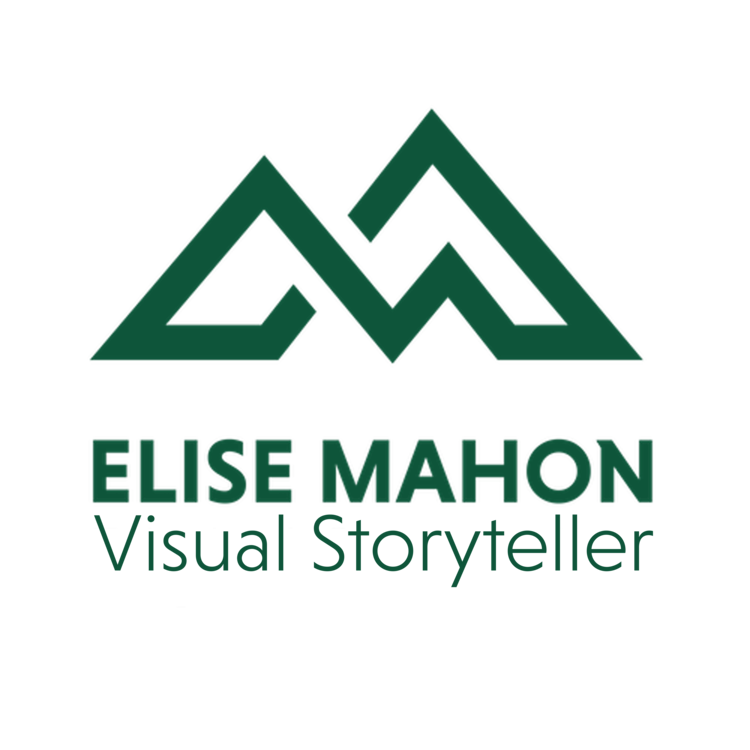Leave It To Beavers
In the spring of 2020, UNC undergraduate Liz Farquhar was planning for a research trip to Ecuador. Three days after she and her fellow researchers booked their plane tickets, COVID-19 was declared a global pandemic. Now, as seniors Liz and the other researchers were offered the opportunity to lay the groundwork for a NSF-funded project closer to home: examining beavers’ impact on urban flood attenuation and water quality management.
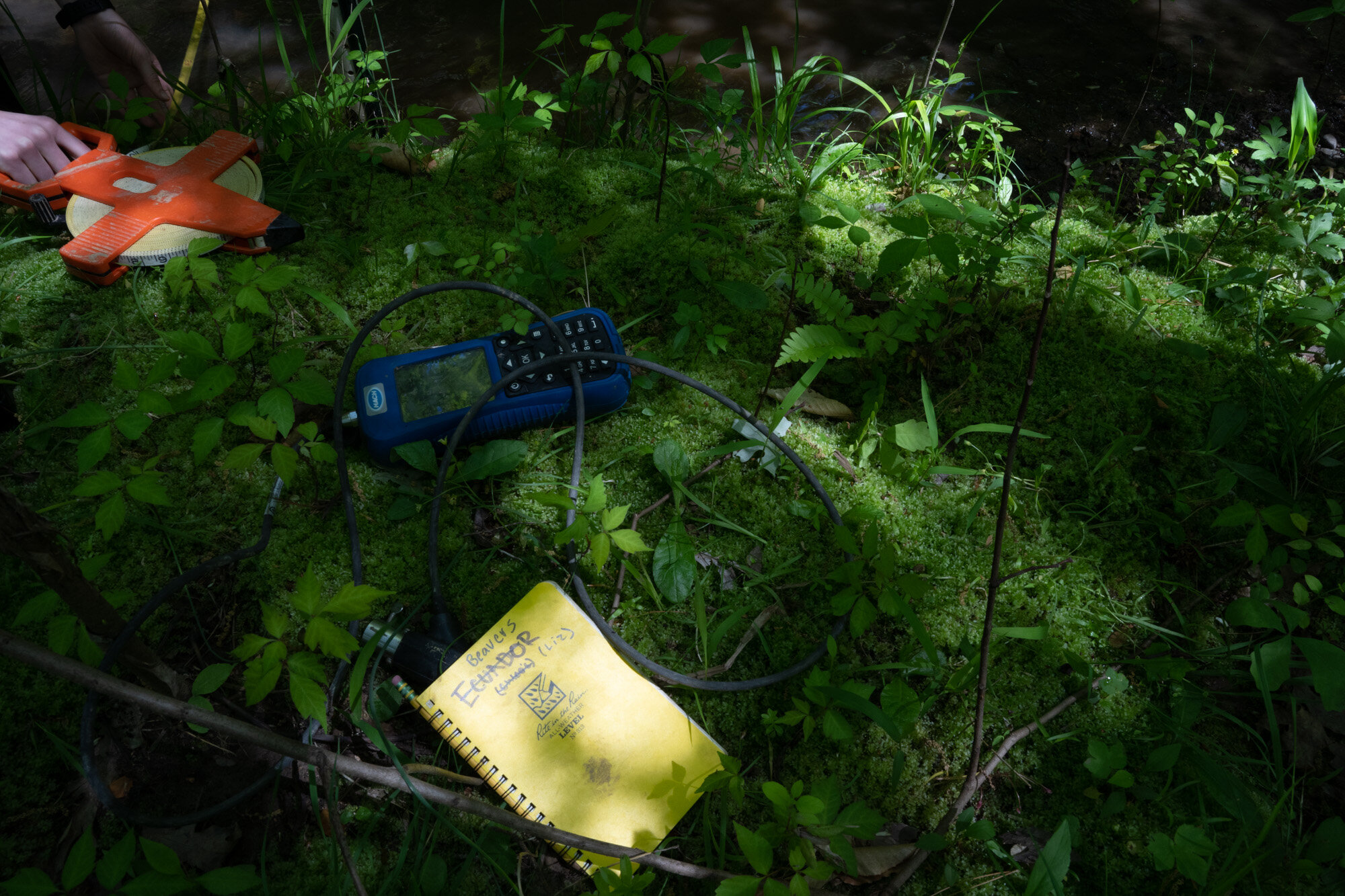
Last spring, UNC undergrad Liz Farquhar was preparing for a summer's long research trip to Ecuador. Three days after she and her fellow researchers bought their plane tickets COVID-19 was declared a pandemic. This year to make up for the loss, the team is getting to work on a NSF funded research project on beavers and urban water quality in Durham, NC.
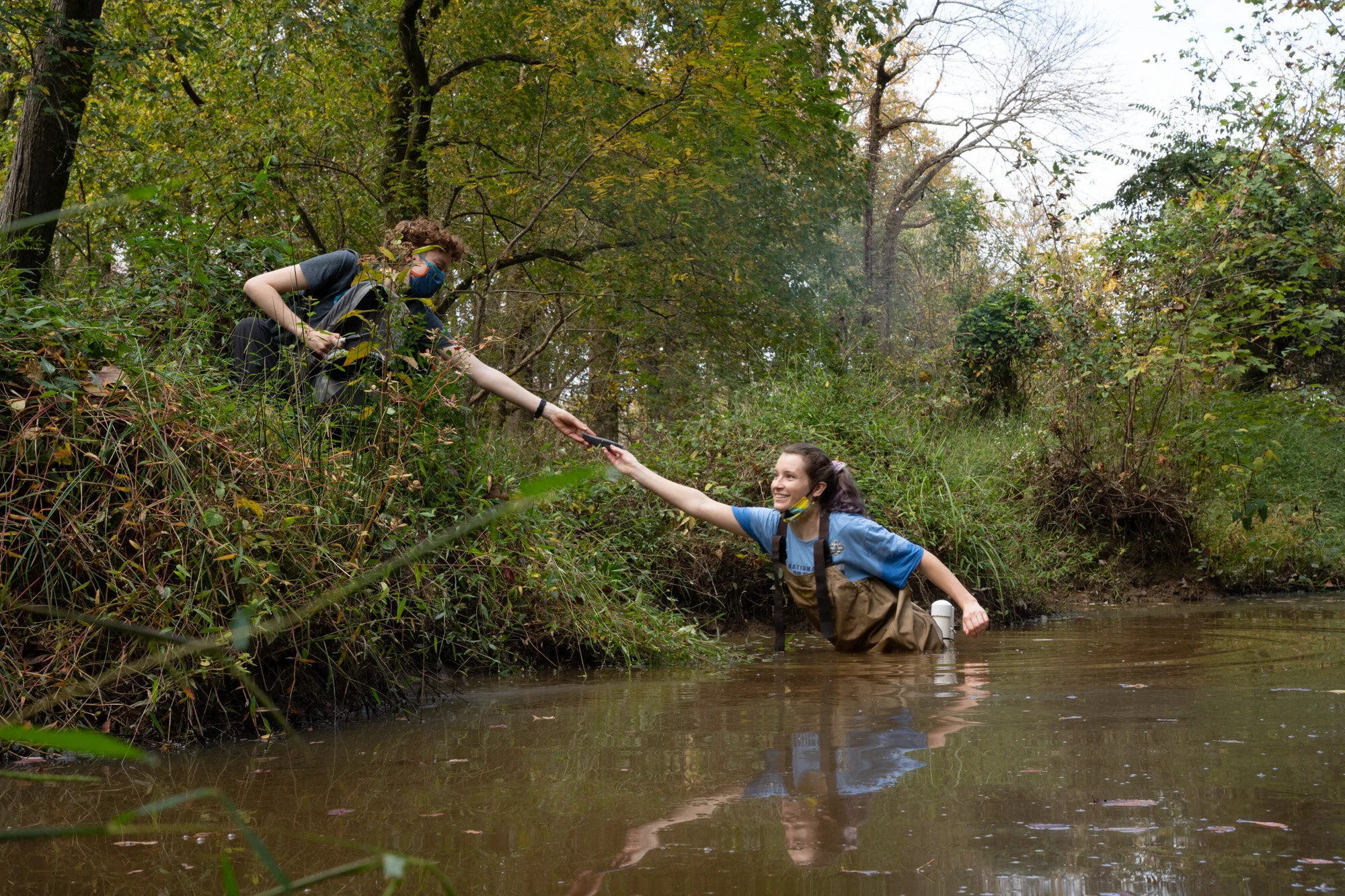
Testing the water quality means getting in the thick of it all. Katie McMahon, one of Farquhar's fellow undergraduate researchers hands her a hammer to help place a water sensor device that will continuously take data on water level and dissolved nutrients. The team will come back every week to download the data onto their field laptop and analyze it back in the lab.
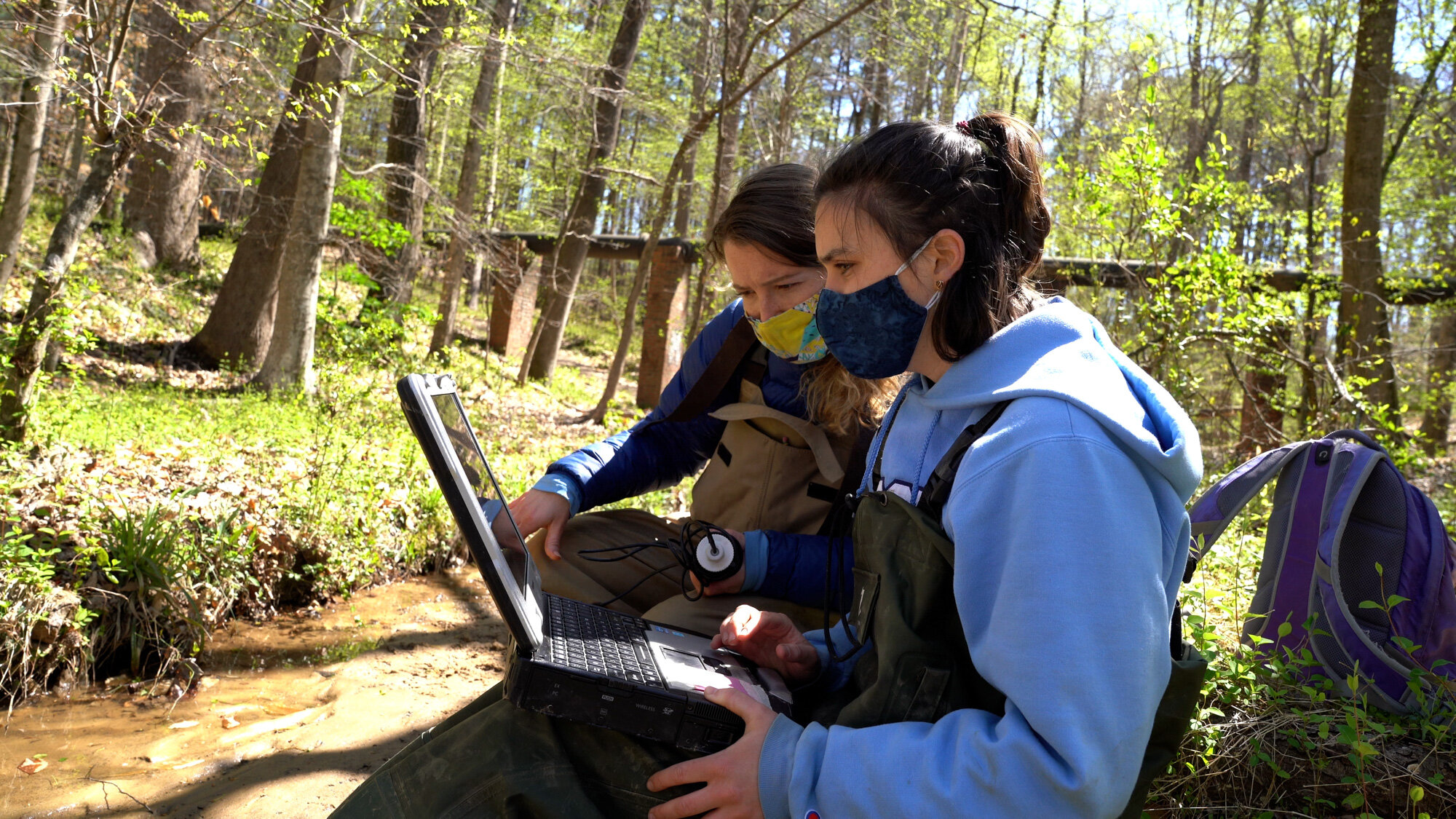
Farquhar (left) downloads data from a water sensor with Tessa Davis, another undergraduate researcher on the team. The data is also being collected and compared to local bio-retention ponds to determine whether beaver dams offer a cheaper alternative to urban flood and pollution attenuation.
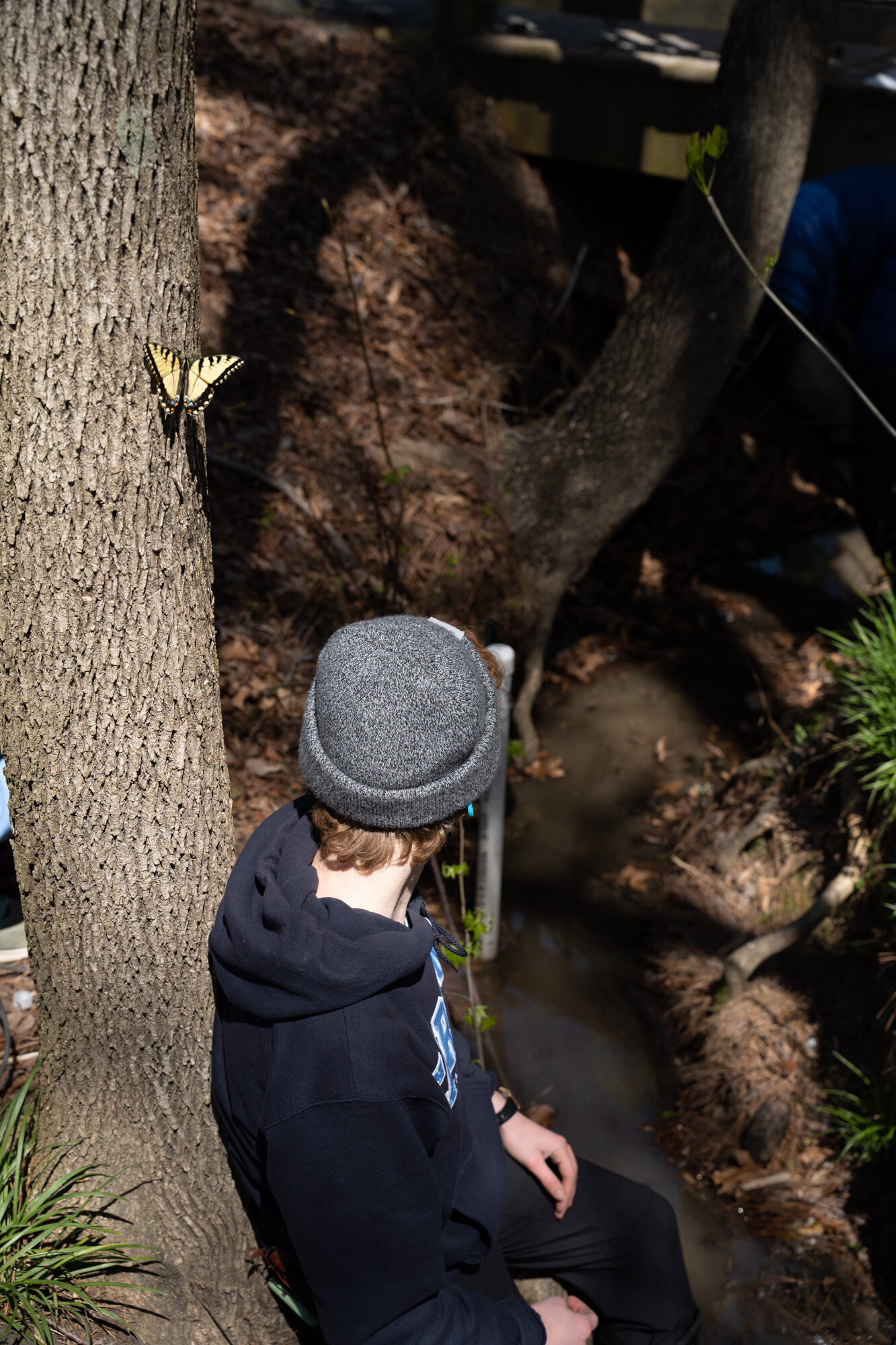
McMahon rests for a moment on the bank before helping Farquhar take notes of water velocity near the output of a bioretention pond in Durham, NC.
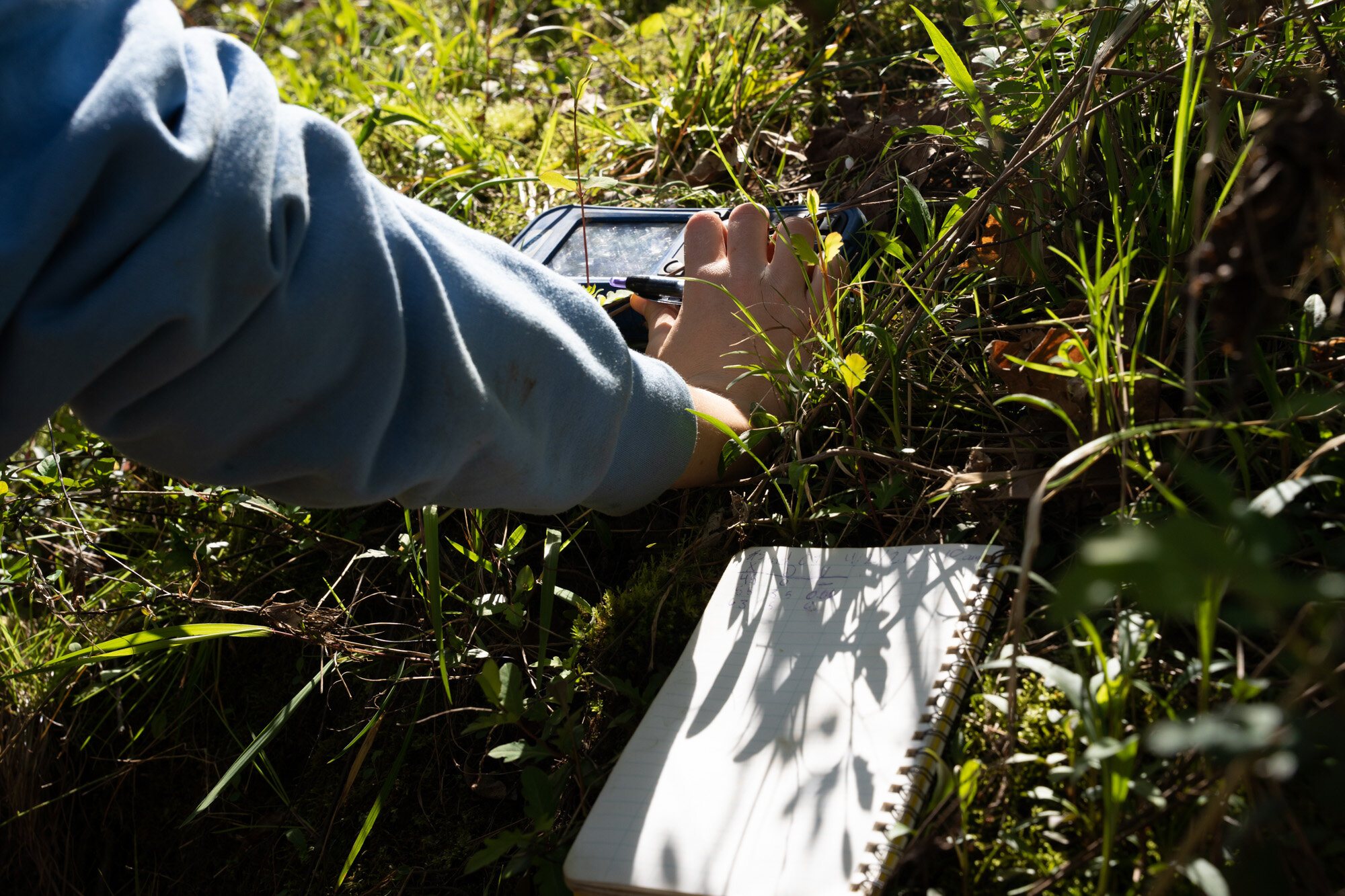
While working in creeks and streams around Durham isn't the same as traveling to the mountains of Ecuador, Farquhar said conducting hands-on research that she knows has real world applications has been amazing. "We're one of the first cohorts for this project," she said. "So we've been doing a lot of the groundwork, laying out how things will be conducted in the years to come and figuring out how all of the technology works."
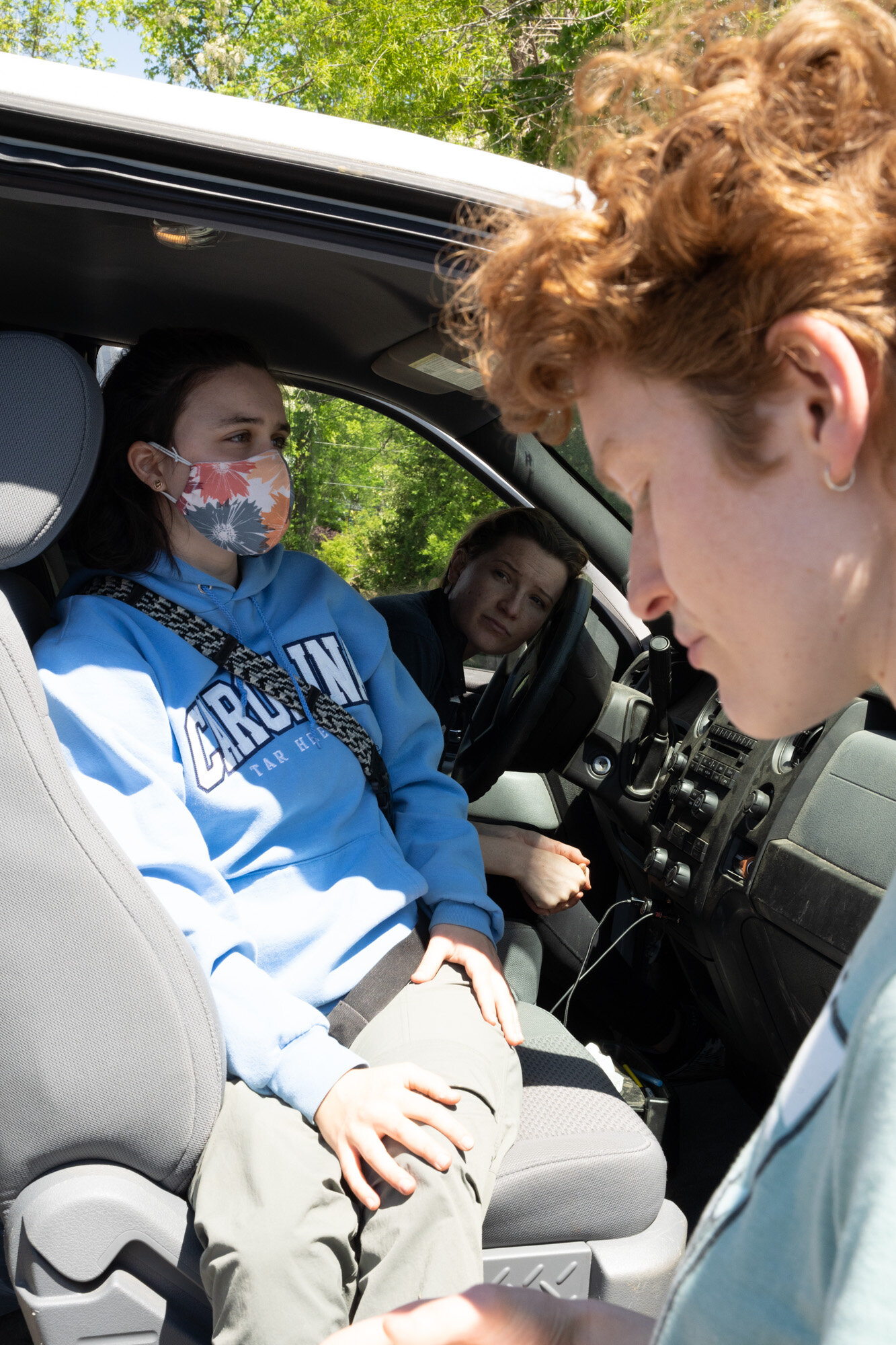
The weekly fieldwork amounts to a long day wading through mud and sometimes less than pristine water from 9 in the morning to almost 4 in the afternoon. Liz rests her head on the steering wheel of the lab truck as the team takes a break between field sites.

For a boost in morale, Farquhar and her fellow researchers decided to cash in their free vaccine donuts at Krispy Kreme, something they'd been trying to squeeze in between field work sites for weeks.
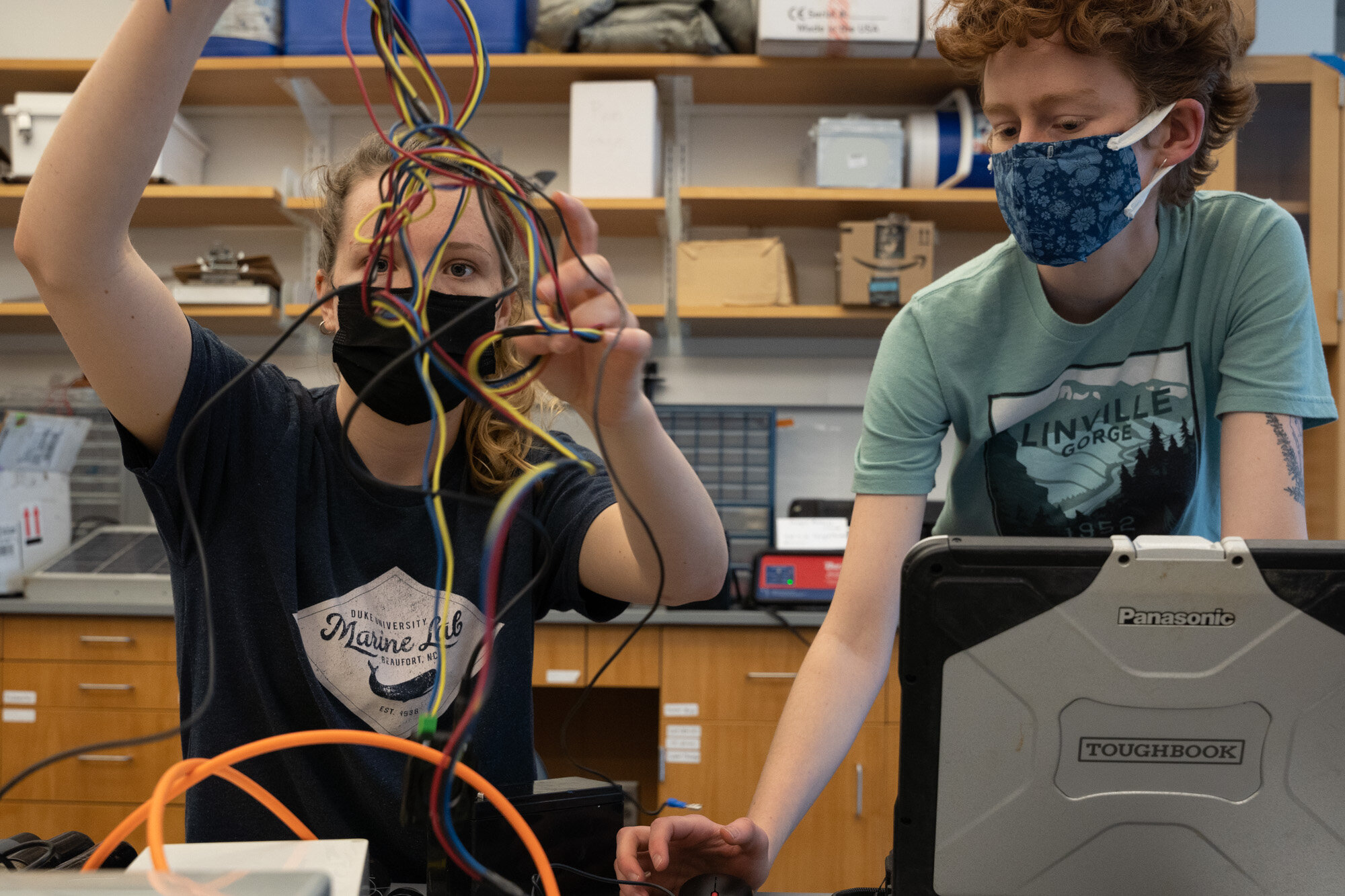
"We have so many prototypes," Farquhar said. "I don't know why the wires are so long on this one but we finally got the sensor to work!" In addition to building the sensor housing units out of PVC pipes, Farquhar noted particular struggle with getting the dissolved oxygen sensor to function optimally. "I can tell now just by how it's humming if it's all working correctly," she said. "It's like my baby!"
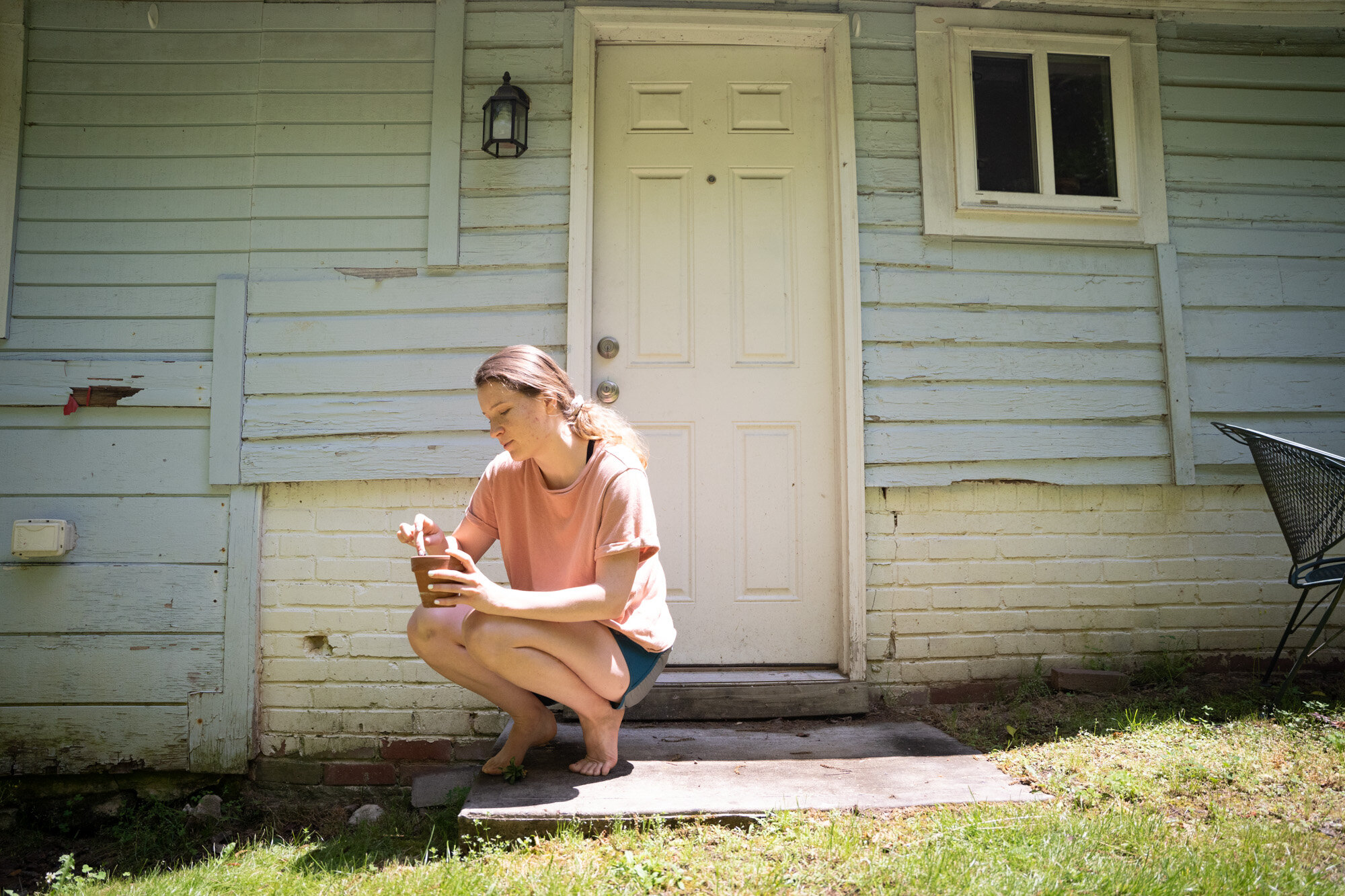
The transition to online school has taken a toll on students world-wide as they were forced to attend courses online and miss out on important educational and social milestones. Losing not only the research trip to Ecuador but also the major milestones associated with her senior year has required some adjustment for Farquhar. When she's struggling to focus on work, she loves to care for her many plants which bring a bit of life to her indoor study space.
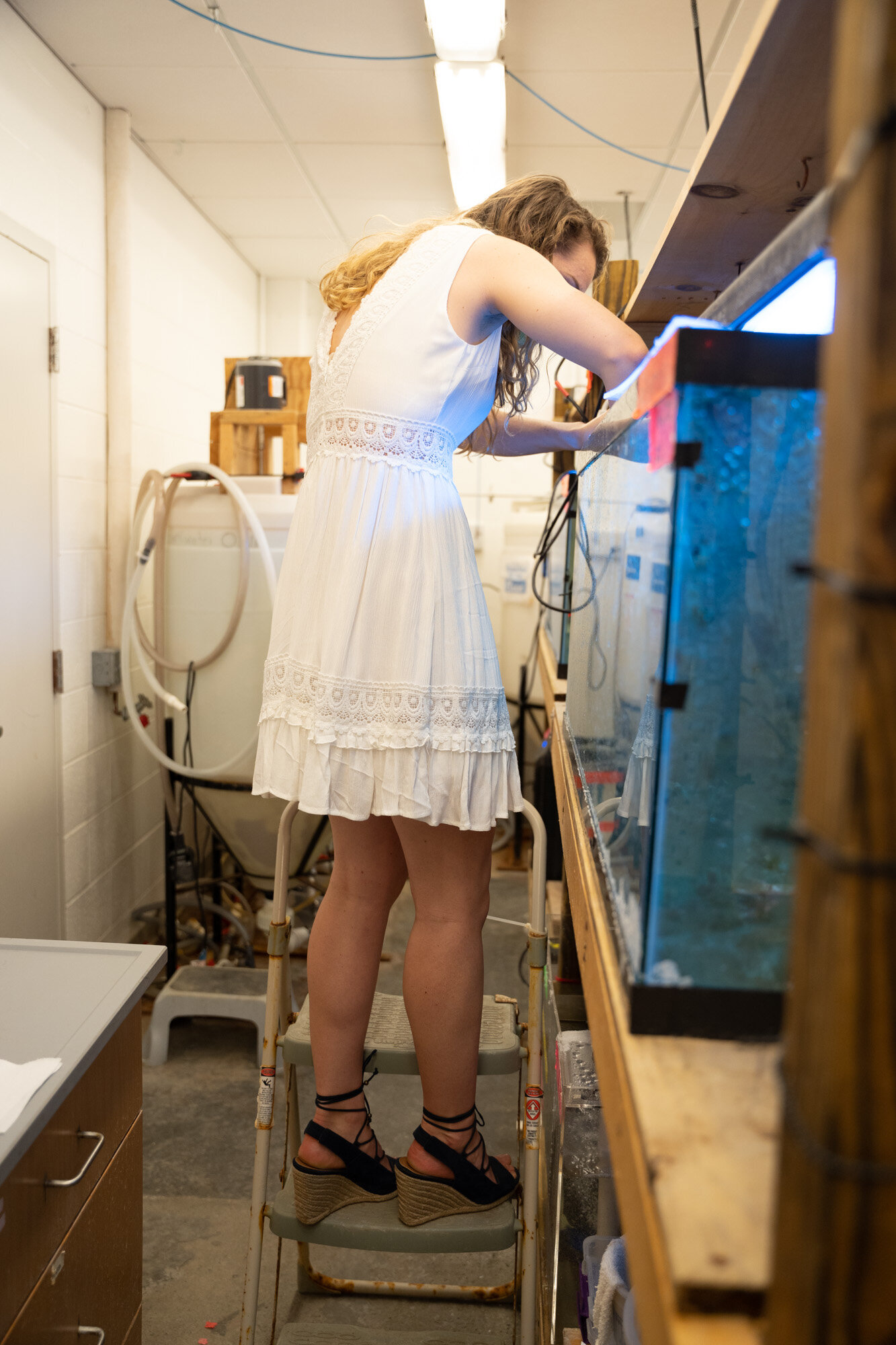
A marine science major, Farquhar's love for aquatic systems permeates into her personality. During her graduation photos, she delighted at the opportunity to visit the salt water lab and hold a coral specimen, excitedly climbing up the rusty step stool in her wedges and white dress.
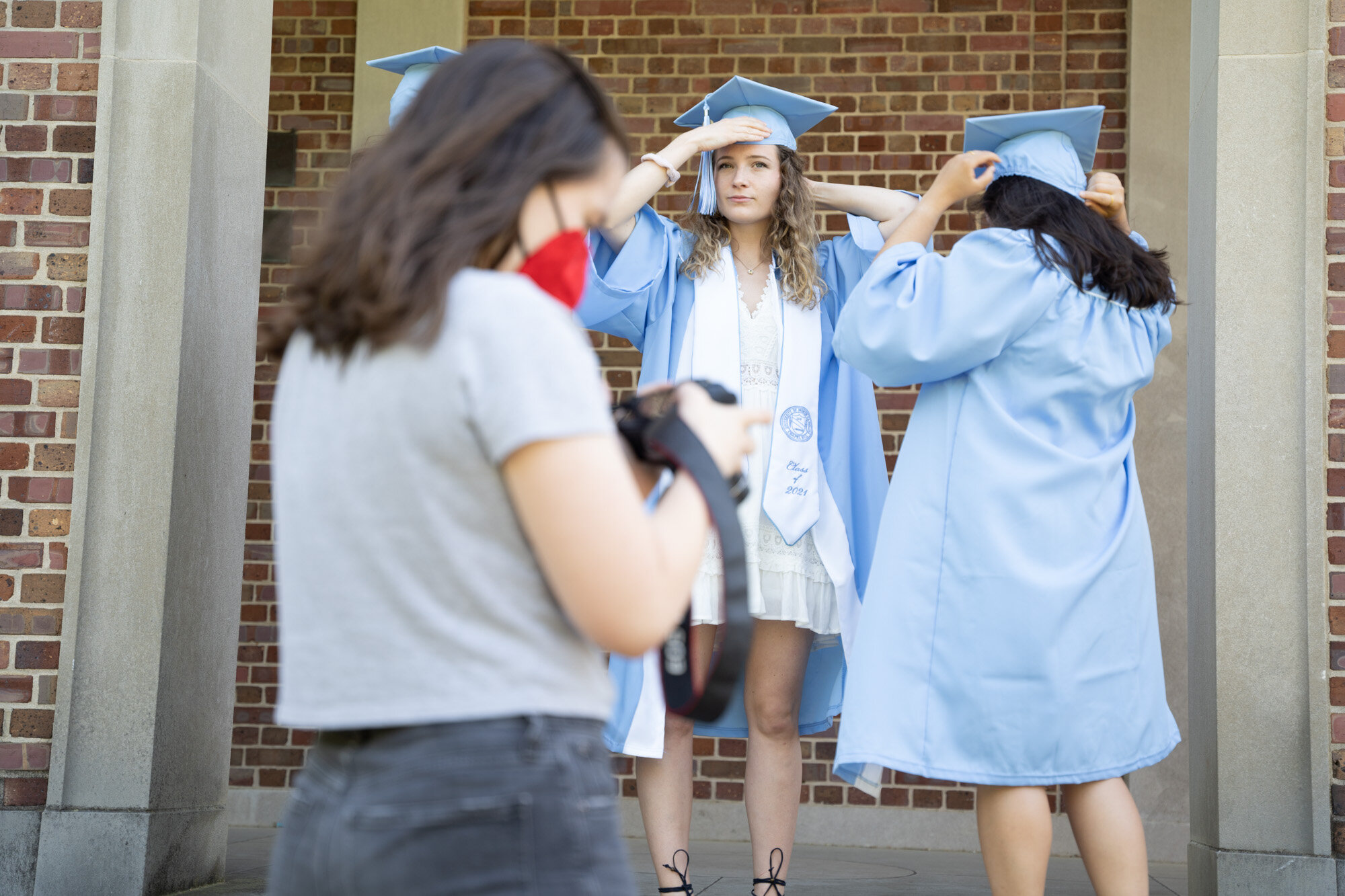
While her senior year was far from what she expected, Farquhar is looking forward to graduation and the coming summer. "We just booked flights to go to Ecuador this summer," she shared excitedly. "I'm a little nervous about burn out, going straight to conduct research and then on to graduate school." Farquhar said she's proud of the work she and the team have accomplished in setting up the beaver project and is excited to begin new research in Ecuador and beyond.











*To see captions, view on desktop and hover over image with mouse.
